detail profile jorge silva melo
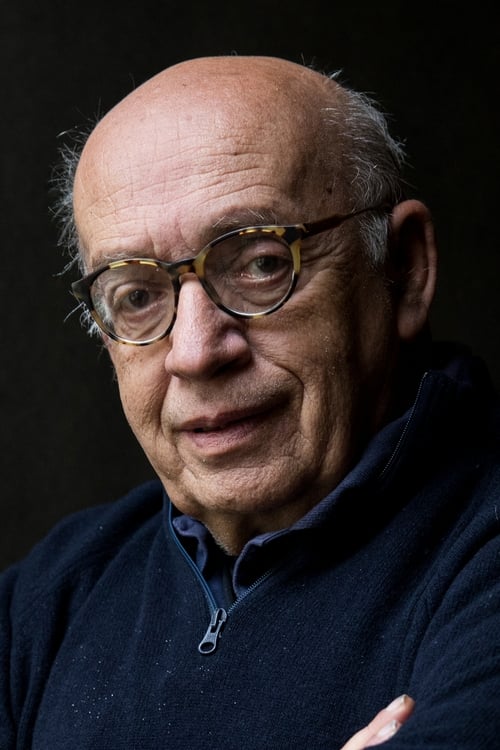
Riwayat Hidup
Jorge Silva Melo is a Portuguese actor, theatre director, writer, playwright and translator.
In 1973 Melo founded the Teatro da Cornucópia with Luís Miguel Cintra.
He received critical acclaim for his work as a playwright.
From Wikipedia, the free encyclopedia
Info Pribadi
Peran Yang Di Mainkan Jorge Silva Melo
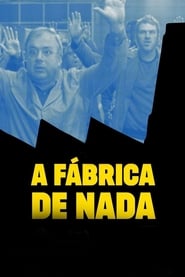 One night a group of workers...
One night a group of workers...The Nothing Factory 2017
One night, a group of workers realises that the administration is stealing machines and raw materials from their own factory. As they organize to survey the equipment and block the relocation of production, they are forced to stand at their posts with no work to do, as a form of retaliation, while negotiations over general lay-offs take place. The pressure leads to a breakdown of the workers along with the world around them.
 A walk for half a century...
A walk for half a century...Ainda Não Acabámos: Como Se Fosse Uma Carta 2016
A walk for half a century, yes, a letter perhaps. Travels in my life, I could call it, which I like Garrett so much. A traveling as he would like, a loose story, memories, projects, meetings. Also because, since 1995, I have done several portraits of artists (Palolo, Bravo, Lapa, Skapinakis, Bartolomeu, Angelo, Sena, Ana Vieira and I prepare Sofia Areal and Fernando Lemos), I started to think that this is my life, these meetings , see, hear, cut, show, tease. I want, with this film continue to show what I see. [Jorge Silva Melo]
 When he was 16yearsold a young...
When he was 16yearsold a young...Álvaro Lapa: A Literatura 2008
When he was 16-years-old, a young man was so impressed by the paintings of an obscure painter, that he did his best to get acquainted with him, as an artist, and a painter. Eventually, the artist started writing, and impressing the cultural world of his country to the point he became an established artistic name, and a college teacher. So, too, did that young man grow to be a theater and film writer, producer, and director.
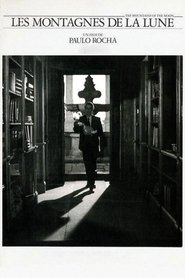 This visually striking drama is taken...
This visually striking drama is taken...The Mountains of the Moon 1987
This visually striking drama is taken from the classic Japanese novel Tales Of Genji by Marasaki Shikibu. Set in modern Portugal, Joao (Luis Miguel Cintra) is a left-wing political leader and ladies man with a bright future. His ex-wife Isabel (Manuela de Freitas) both loves and hates him as Joao plays on her wavering emotional state. He is sent to Italy to retrieve wayward family member Antonia (Caroline Chaniolleau), the beautiful young woman with a terrorist boyfriend. Joao is forced to recognize his feelings as the political and amorous climate changes around him.
 During the century of the Spanish...
During the century of the Spanish...The Satin Slipper 1986
During the century of the Spanish Gold, Doña Prouhèze, wife of a nobleman, deeply loves Don Rodrigo, who is forced to leave Spain and go to America. Meanwhile Prouhèze is sent to Africa to rule the city of Mogador. Ten years later Rodrigo leaves America and travels to Africa in search of Prouhèze to find out that she died and eventually meeting her daughter.
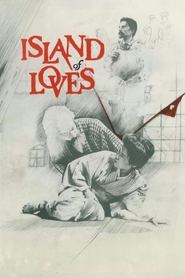 This film depicts the life of...
This film depicts the life of...Island of Loves 1982
This film depicts the life of the 19th-century Portuguese writer Wenceslau De Moraes by means of nine ancient ballads from China. The writer married a Chinese woman after he left his wife and family to go live in Macao. Later, he moved to Japan where he fell in love with a Japanese woman, staying in Japan for the rest of his life. Mixed in with the career and loves of Moraes is the history of Portugal at home and in its colonies.
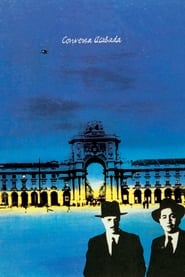 The film was to be a...
The film was to be a...The Conversation Is Over 1982
The film was to be a documentary, but evolved during production to a fictional film. It nevertheless adheres strictly to the poems and letters exchanged by two of the most outstanding names of the Modernist Movement, Fernando Pessoa (in Lisbon) and Mário de Sá-Carneiro (in Paris). Their endless conversation was dramatically and suddenly terminated.
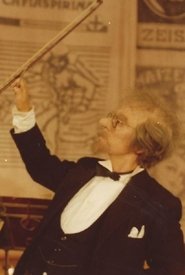 The film of a performance of...
The film of a performance of...E Não se Pode Exterminá-lo? 1979
The film of a performance of a selection of cabaret comedy sketches by Karl Valentin, with Jorge Silva Melo as stage director. The show was a complete success and has become almost legendary. Solveig Nordlund shot it, adding some more sketches that weren’t included on the show.
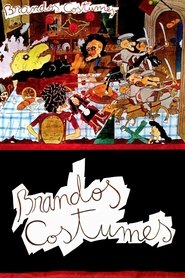 A portrait of the everyday life...
A portrait of the everyday life...Brandos Costumes 1975
A portrait of the everyday life of a typical middle-class family in parallel with the fall of the "Estado Novo", the 48-year dictatorship led by Salazar. The daughters' conflicts and frustrations with their parents, their grandmother and their maid find an obvious echo in the country's collective events. The Carnation Revolution is about to explode.
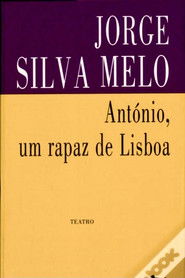 A boy in Lisbon in this...
A boy in Lisbon in this...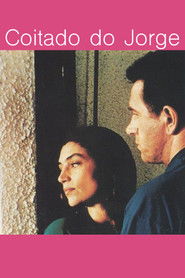 One night Jorge will meet with...
One night Jorge will meet with... Xavier returns to Lisbon after a...
Xavier returns to Lisbon after a... Summer of 1964 The professor Carlos and...
Summer of 1964 The professor Carlos and... Set four years after the Portuguese...
Set four years after the Portuguese... A story about character created by...
A story about character created by...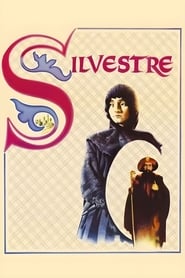 A bewitching combinatory adaptation of the...
A bewitching combinatory adaptation of the...